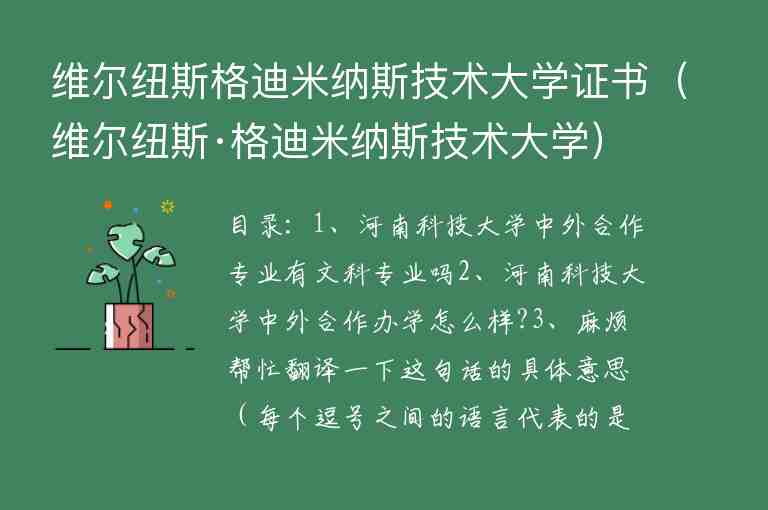amputated是动词amputate的过去式和过去分词形式,意为“截肢、切除”,常用于医学领域。该词源于拉丁语的“amputatus”,由“am-”(去除)和“putare”(修剪)组成。
怎么读(音标)
[ˈæmpjəteɪtɪd]
用法
1. 作及物动词,表示截肢、切除某部分身体:
The doctor amputated his leg due to severe injury. 医生因为严重受伤而给他截肢。
2. 也可作不及物动词,表示进行截肢手术:
The soldier's leg had to be amputated after the explosion. 爆炸后,士的腿不得不进行截肢手术。
例句1-5句且中英对照
1. The patient's arm was amputated after the accident.
事故后,患者的手臂被截肢了。
2. The doctor had to amputate the infected finger to prevent the spread of the disease.
为了防止疾病传播,医生不得不切除被感染的手指。
3. The surgery was successful and they were able to amputate the tumor without any complications.
手术很成功,他们成功地切除了肿瘤而没有出现任何并发症。
4. The soldier's leg was amputated in order to save his life.
为了挽救士的生命,他的腿被截肢了。
5. The doctor explained that they had to amputate the patient's foot due to gangrene.
医生解释说,由于坏疽,他们不得不截除患者的脚部。
同义词及用法
1. Remove:动词,意为“移除、拿走”,可以表示物理上的移除或抽取,也可以表示把某人或某物从某处移开。
例:The dentist had to remove her wisdom teeth. 牙医不得不拔掉她的智齿。
2. Sever:动词,意为“切断、分离”,强调断开或分离某物或某人与原来的。
例:The surgeon had to sever the nerves in order to remove the tumor. 为了切除肿瘤,外科医生不得不切断神经。
3. Dissect:动词,意为“解剖、剖析”,通常用于指对尸体进行解剖或对事物进行仔细研究分析。
例:The biology students were asked to dissect a frog in their lab class. 生物学学生在实验课上被要求解剖一只青蛙。
4. Severed:形容词,意为“被切断的、被分离的”,常用于描述某物或某人被强行分离或断开。
例:The severed power lines caused a blackout in the entire city. 被切断的电线导致整个城市停电。
5. Disconnected:形容词,意为“断开的、不连贯的”,可以指物理上的断开,也可以指思想或逻辑上的不连贯。
例:The phone call was disconnected before I could finish my sentence. 我还没说完,就被挂断了。
编辑总结
amputated是一个常用于医学领域的动词,意为“截肢、切除”。它可以作及物动词或不及物动词使用,表示进行截肢手术。除了常见的同义词如remove、sever等外,还有一些近义词如dissect、severed等也可以用来描述类似的情况。在写作中,我们应该根据具体语境选择合适的动词来表达截肢或切除某部分身体的意思。


